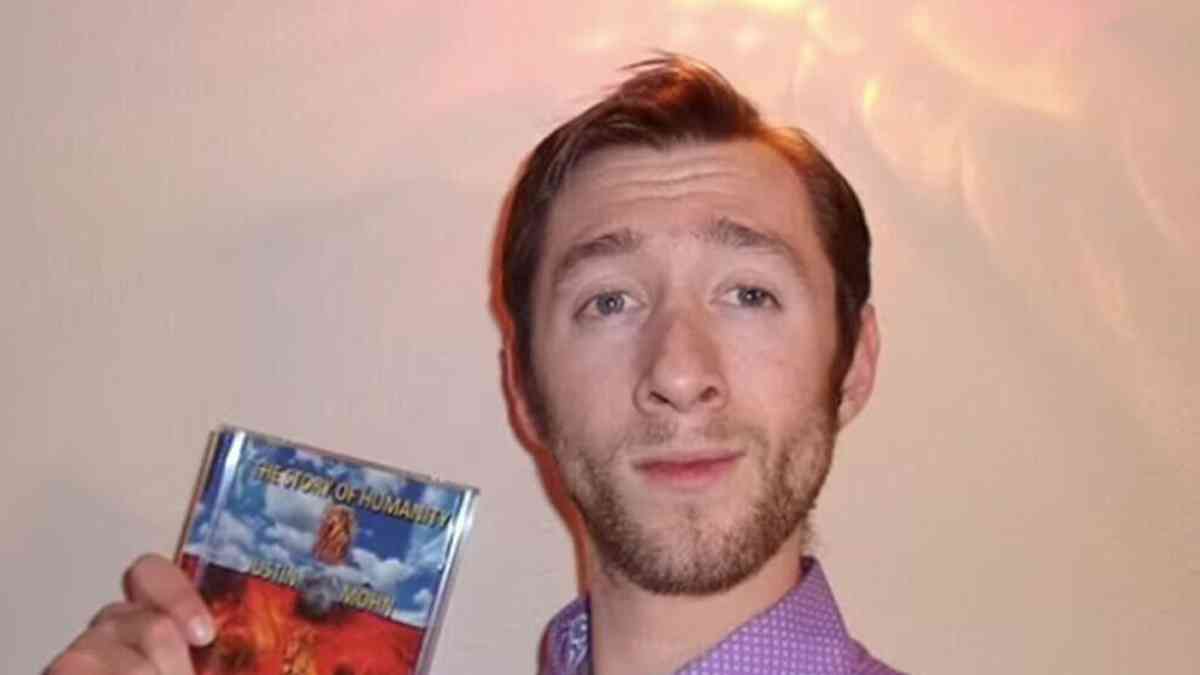In a surprising and stressful turn of activities, a person named Justin Mohn has been arrested after allegedly decapitating his father and posting a grotesque video online. The video, which contained a politically charged rant alongside the scary imagery, circulated on YouTube for hours earlier than being taken down. This tragic incident sheds light on the damaging outcomes of excessive political rhetoric and the effect it can have on folks who are already vulnerable.
The details of the case are harrowing. Mohn, elderly 32, stands accused of murdering his father, Michael F. Mohn, and abusing his corpse. The video he posted online featured him holding up his father’s severed head whilst launching into a tirade in opposition to the Biden administration and the perceived crisis on the border. He even went as some distance as asserting himself as the appearing US president beneath martial law. The content of the video turned into so annoying that YouTube right away removed it for violating its policies on picture violence.
The sequence of activities main to Mohn’s arrest is equally unsettling. The Middletown Township Police had been alerted to the situation after receiving a report of a deceased male, later diagnosed as Michael F. Mohn. Upon arriving at the scene, officers made the ugly discovery of the victim’s head in a plastic bag interior of a cooking pot. Subsequent research revealed that Justin Mohn had published a video on YouTube, in which he now not handiest confessed to the crime but also expressed severe political views.
What makes this situation even extra chilling is Mohn’s obvious descent into paranoia and extremism through the years. According to his former roommate, Mohn had exhibited symptoms of paranoia as some distance returned in 2016, believing that the government was conspiring against him. These early warning symptoms of intellectual instability and disillusionment with authority went unaddressed, culminating in the bad occasions that opened up lately.
The reaction to this tragedy has highlighted broader worries about the impact on of excessive political rhetoric in state-of-the-art society. As social media systems face scrutiny for permitting violent content material to proliferate, questions get up approximately the position of online structures in regulating such material. The truth that Mohn’s video remained online for hours underscores the demanding situations of policing online spaces and preventing the unfolding of dangerous content.
Moreover, experts have pointed to the wider political weather as a contributing element to incidents like those. In a generation marked by heightened political polarization and divisive rhetoric, individuals like Mohn can be vulnerable to radicalization and extremist ideologies. The normalization of inflammatory language and the demonization of political warring parties best serve to gas present tensions and push prone individuals further closer to radicalization.
The case of Justin Mohn serves as a sobering reminder of the actual international outcomes of intense political rhetoric. It underscores the urgent need for greater vigilance in combating radicalization and addressing mental fitness troubles in our communities. While it’s far critical to uphold standards of loose speech and open discourse, it’s miles similarly essential to apprehend the potential risks of unchecked extremism and hatred.
Moving forward, there are instructions to be discovered from this tragedy. Law enforcement corporations, intellectual fitness experts, and policymakers should work together to identify and assist individuals prone to radicalization. Furthermore, social media companies ought to take proactive measures to cut back the spread of violent and extremist content on their platforms, thereby stopping destiny tragedies just like the one related to Justin Mohn.
The case of Justin Mohn serves as a stark reminder of the fragile intersection among mental health, extremism, and political rhetoric. It is incumbent upon absolutely everyone to foster a culture of empathy, expertise, and tolerance, wherein people feel supported and valued instead of marginalized and radicalized. Only then can we hope to prevent such mindless acts of violence and build a more secure, more compassionate society for all?






















+ There are no comments
Add yours